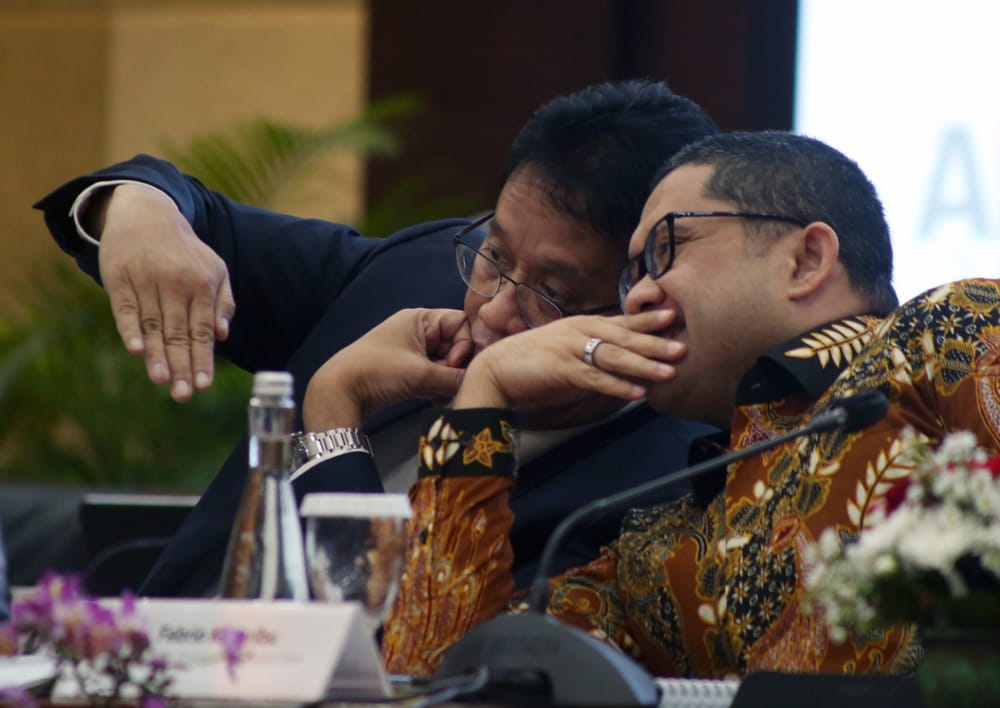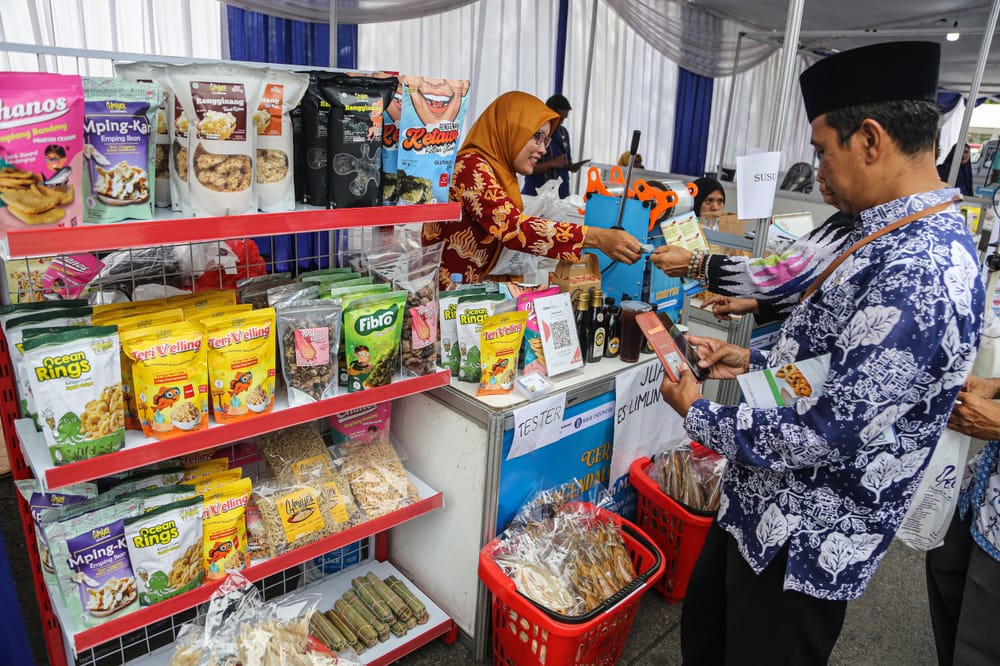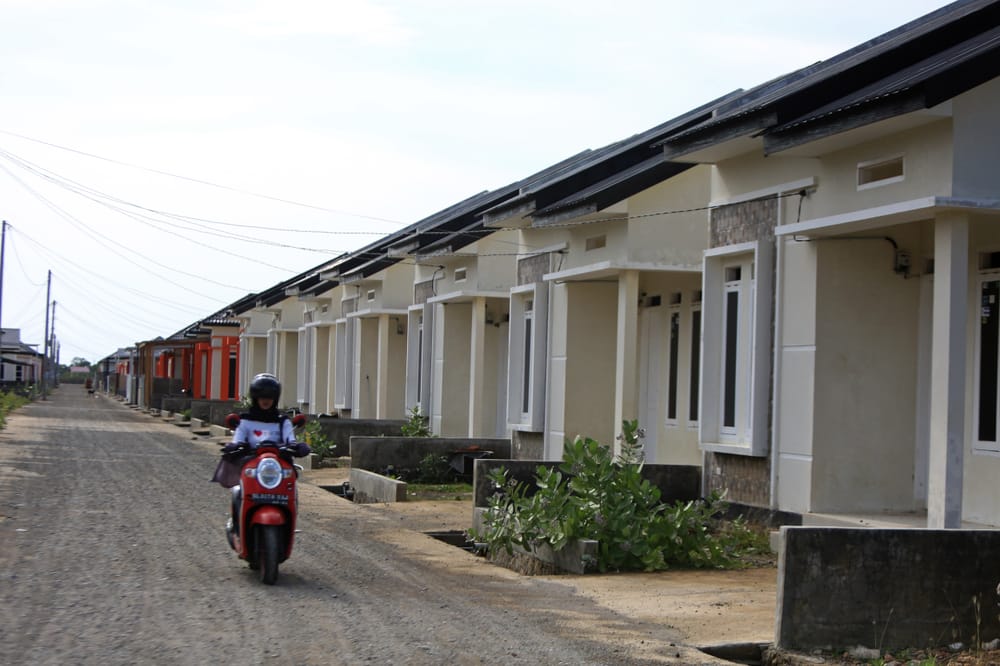The government has set a tax revenue target in the 2026 State Budget Draft (RAPBN) of IDR 2,357.7 trillion. This means an increase of 13.5% from the outlook for tax revenue in 2025 of IDR 2,076.9 trillion.
The government's tax revenue target is considered too ambitious. Hard work and maximum effort are needed to achieve this target. On the other hand, the government must ensure that the increased tax revenue target for 2026 does not disrupt the business climate.
Executive Director of the Tax Research Institute (TRI), Prianto Budi Saptono, said that the government must make careful plans or strategies so that tax revenue can be achieved according to the target.
The first strategy is to optimize tax extensification and intensification. From year to year, the extensification and intensification of taxes carried out by the Directorate General of Taxes (Ditjen) has not been 100%.
Tax extensification is a supervisory activity carried out by the Directorate General of Taxes on taxpayers who have met the objective requirements but do not yet have a Taxpayer Identification Number (NPWP). Meanwhile, intensification is an optimization activity to explore tax revenue from registered tax objects and subjects. Prianto said that if tax extensification and intensification efforts are carried out to the maximum, half of the tax revenue can be obtained.
The second strategy is to monitor VAT and Income Tax (PPh) revenues. Of the two types of taxes, Income Tax is the most difficult to pursue because many avoid it for various reasons. The Directorate General of Taxes needs to impose fines on taxpayers who never want to pay Income Tax.
The third strategy is to fix the Core Tax Administration System (Coretax). Since its launch on January 1, 2025, this system has not functioned properly. Coretax continues to experience technical problems. The problem is that the tax financing business process can only be done through Coretax.
“Tax payments in January 2025 fell 41% because Coretax had problems. Don't let this condition happen again in the future,” he told SUAR in Jakarta (19/8).
“Tax payments in January 2025 fell 41% because Coretax had problems. Don't let this condition happen again in the future,” said Prianto.
Prianto said that the Directorate General of Taxes needs to carry out socialization and special approaches to business actors so that they obediently pay taxes, so that they can accept this target increase and not disrupt their business climate.
The approach taken could be to provide professional tax consultants, so they can ask questions.
Chairman of the Indonesian Employers' Association (Apindo), Shinta Kamdani, said that the government can carry out tax extensification. One of them is targeting the shadow economy or underground economy.
The shadow economy is an economic activity that contributes to the calculation of gross national product and gross domestic product (GDP), but the calculation has not been recorded.
“Extensification through the shadow economy could be a surefire way to boost taxes,” she told SUAR in Jakarta (19/8/2025).
“Extensification through the shadow economy could be a surefire way to boost taxes,” said Shinta.
Shinta said that there is still a lot of shadow economy potential out there that can be optimized.
Target considerations
However, this is the government's excuse. Minister of Finance Sri Mulyani stated that the tax revenue target of IDR 2,357.7 trillion in the 2026 RAPBN has taken into account projections of improved national economic performance, tax sustainability, challenges and potential.
The value of IDR 2,357.7 trillion includes the income tax (PPh) revenue target of IDR 1,209.4 trillion, which is up 15% compared to last year. Then, value added tax (VAT) and sales tax on luxury goods (PPnBM) is IDR 995.3 trillion, up 11.7% compared to last year. The 2026 land and building tax (PBB) revenue target is IDR 26.1 trillion, down 13.1%. Meanwhile, other taxes are targeted at IDR 126.9 trillion.
Furthermore, the government is also targeting customs and excise revenue which will reach IDR 334.3 trillion next year.
To achieve the target for customs and excise revenue, the government is preparing a number of steps. First, encouraging policies related to tobacco products and the extensification of excisable goods.
In addition, second, the government will also intensify international trade import duties. For example, making export duty policies to support product downstreaming.
Finally, the government will also enforce the law, and eradicate the circulation of illegal excisable goods and smuggling.






